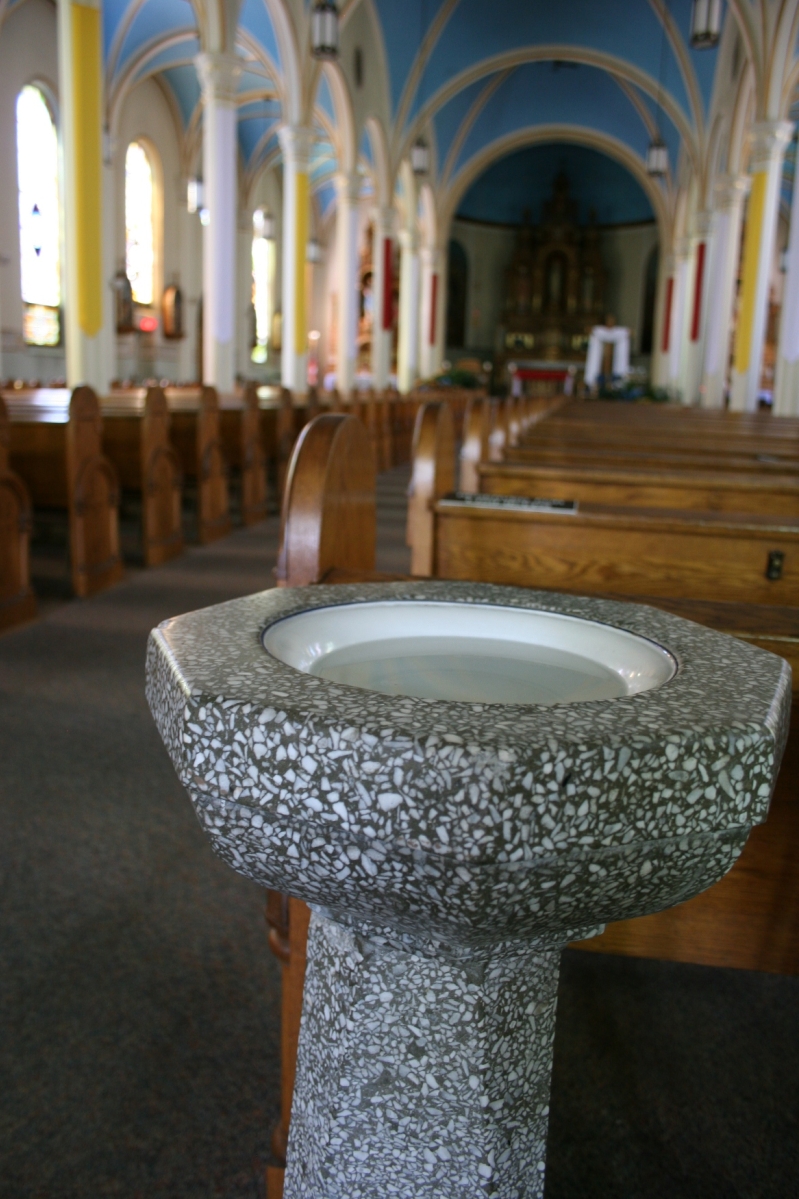
Despite its purported cleansing properties, holy water could be more harmful than healing, according to a new Austrian study on "holy" springs.
Researchers at the Institute of Hygiene and Applied Immunology at the Medical University of Vienna tested water from 21 springs in Austria and 18 fonts in Vienna and found samples contained up to 62 million bacteria per milliliter of water, none of it safe to drink, according to ABC News.
Given holy water's integral presence in religious ceremonies, its sanitation merits considerable scrutiny. Researchers tested samples of holy water springs and water in church fonts, finding that 86 percent of springs contained bacteria commonly found in fecal matter, such as E. coli, Enterococci, and Campylobacter. As holy water is used to baptize and wet congregants' lips, the presence of bacteria can pose serious health risks.
Holy water has such a sweeping presence around the world that the safety of its consumption has the research team alarmed. Awareness is the main challenge, they say. People need to question, as well as analyze, the sources of what they put in and on their bodies. Holy water's mysticism may paint it as an inherently pure substance, but the fact is its sources aren't held to the same standards of regular drinking water, according to medicaldaily.com.
The study on holy springs has determined that 86 percent of water used in baptisms and to wet the lips of congregants is severely tainted by bacteria from fecal matter, which can result in diarrhea, abdominal pain and fever.
Nitrates, commonly found in fertilizer from farms, were also identified in the water. If ingested, water containing nitrates over the maximum contaminant level could cause serious illness, especially in infants younger than 6 months, which could lead to death if untreated, according to the U.S. Environmental Protection Agency and reported by Yahoo News.
Microbiologist Alexander Kirschner wants churches to post signs warning their parishioners about the potential perils of water from holy springs and not just take its purity on, well, faith, according to MSN.
"We need to warn people against drinking from these sources," said Dr Alexander Kirschner, study researcher and microbiologist at the Medical University of Vienna.
The study, published in the Journal of Water and Health, also found that all church and hospital chapel fonts contained bacteria -- the busier the church, the higher the bacterial count, according to ABC News.
"This may represent a problem that has hitherto been underestimated, especially in hospitals, since there a lot of people with weakened immune systems there," Kirschner said.
There have been advances made for the more hygienic use of holy water, including the invention of a holy water dispenser a few years ago by an Italian priest, while studies have also indicated that adding salt (at recommended levels of 20 percent) can help disinfect the water, according to ABC News.
But Kirschner cautions that salt is not a reliable way to prevent infection and instead recommends priests regularly change the holy water in churches and erect signs to inform congregants about the dangers as well as of the history of the holy springs.







